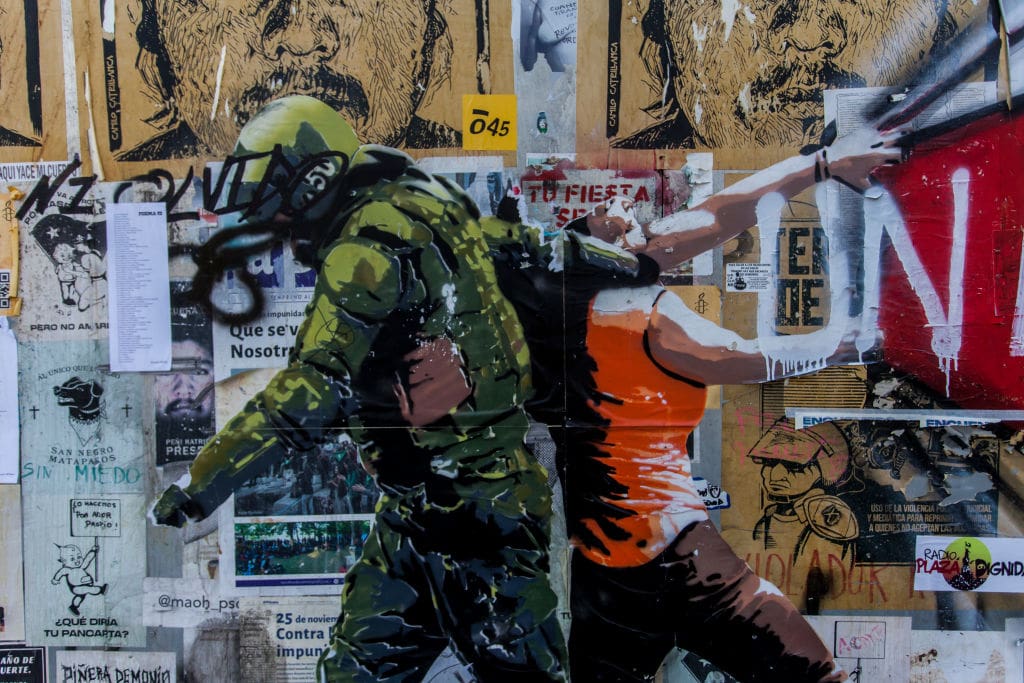“More than four decades after the Inter-American Commission on Human Rights’ last in loco visit to Chile, state authorities must not only cooperate fully so that it can carry out its work without any undue interference, but also ensure that its recommendations are taken seriously to address the situation in the country. The Sebastián Piñera administration must honor its international human rights commitments,” said Erika Guevara-Rosas, Americas director at Amnesty International.
“The human rights crisis facing Chile highlights the need for international scrutiny. The IACHR’s visit represents a historic precedent for the defense of human rights in the country and is fundamental in ensuring that victims of human rights violations have access to the rights to truth, justice, reparation and guarantees of non-repetition.”
An in loco visit is the most important official visit that the IACHR can make (featuring the seven Commissioners, Special Rapporteurs, and the Executive Secretariat) to a member state of the Organization of American States, to analyze in-depth the general human rights situation in the country. Visits are conducted at the invitation of the state. Given the time that has elapsed since the last visit to Chile in 1974, the serious human rights crisis facing the country, and the lack of response to the many demands of Chilean society regarding human rights in the country, a new mission was urgently needed.

